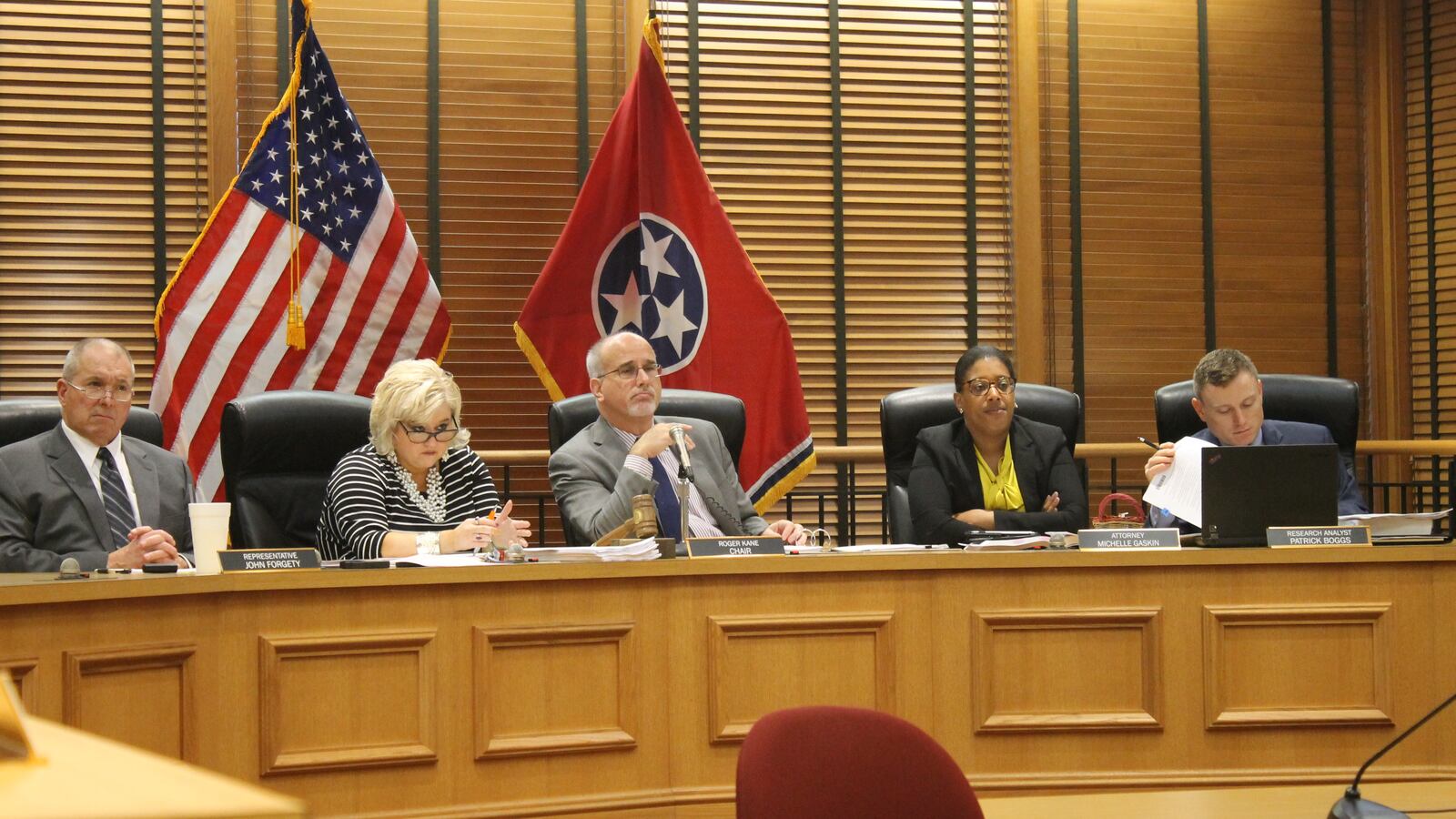A $71 million-a-year proposal to allow public dollars to go toward private education services could reshape schools across the state, offering low-income and affluent parents alike unprecedented school choice.
Rep. Roger Kane introduced a bill on Tuesday that would allow any parent to use up to $7,000 of public school funding toward private schools, tutoring or other educational services. Called an Empowerment Scholarship Account, the proposal would be similar to a program that went into effect this year for special education students, but far more sweeping. All of Tennessee’s 1 million public school students would be eligible to participate, though the program would be capped at 9,600.
It’s also far more extensive than voucher proposals that have deadlocked the legislature in recent years, as well as two competing voucher bills capturing headlines this session. Under those bills, families zoned to low-performing schools could use vouchers toward private school tuition. Parents would never handle the public money; it would go directly from local districts to private schools. And wealthy parents could not use the state money toward more expensive private school tuition.
But all families, regardless of income, could have a shot at Empowerment Scholarship Accounts, or ESAs, although parents in districts with low-performing schools would get priority. And parents would be paid the $7,000 directly, in quarterly installments.
If it passes, the legislation could divert millions of dollars from public schools to individual families and private services, although it’s not clear how many families would take advantage of the program. The fiscal note estimates Kane’s proposal would cost more than $71 million in local and state education funds each year beginning in 2018-19, and cost an additional million dollars annually to administer.
After a lengthy discussion, lawmakers in the House Education Administration and Planning subcommittee tabled the bill for two weeks. Rep. Harry Brooks, a Republican from Knoxville who chairs the full committee, said he doesn’t oppose the bill but has concerns about how private services would be held accountable if they accept taxpayer money.
Rep. Johnnie Turner was the only lawmaker to speak against the bill. The Memphis Democrat said she is concerned that ESAs would harm public schools by taking away much-needed funds from local districts.
Kane, also a Knoxville Republican, said the proposal would give parents far more choice than voucher proposals that have dominated Tennessee’s legislative debates for nearly a decade. He said being a parent has opened his eyes to the need for choices. He’s sent his children to both public and private schools, as well as home schooled them.
Kane called vouchers “one-size-fits-all,” as they can only be used at private schools that agree not to charge tuition beyond the voucher amount.
“It is truly customizing education to match the child,” he said of his proposal.
He acknowledged the possibility that parents could misuse the funds, but added that such abuses have not been widespread in states with similar programs.
Kane’s proposal is modeled after legislation adopted in Florida and Indiana and championed by the Foundation for Educational Excellence, founded by former Florida Gov. Jeb Bush, and the American Legislative Exchange Council, or ALEC. The Senate sponsor is Dolores Gresham, a Somerville Republican who is chairwoman of the Senate Education.

While few lawmakers spoke against the proposal, several education leaders did, including Wayne Miller, director of the Tennessee Organization for School Superintendents, and Elizabeth Fiveash, assistant commissioner for policy for the State Department of Education, and as well as Jim Wrye, lobbyist for the Tennessee Education Association. Speaking in favor of the bill was a representative of the Beacon Center, an influential free-market think tank.
Tennessee’s Individualized Education Accounts for special education students went into effect in January. Only 47 of the 20,000 eligible students applied to use them so far.

